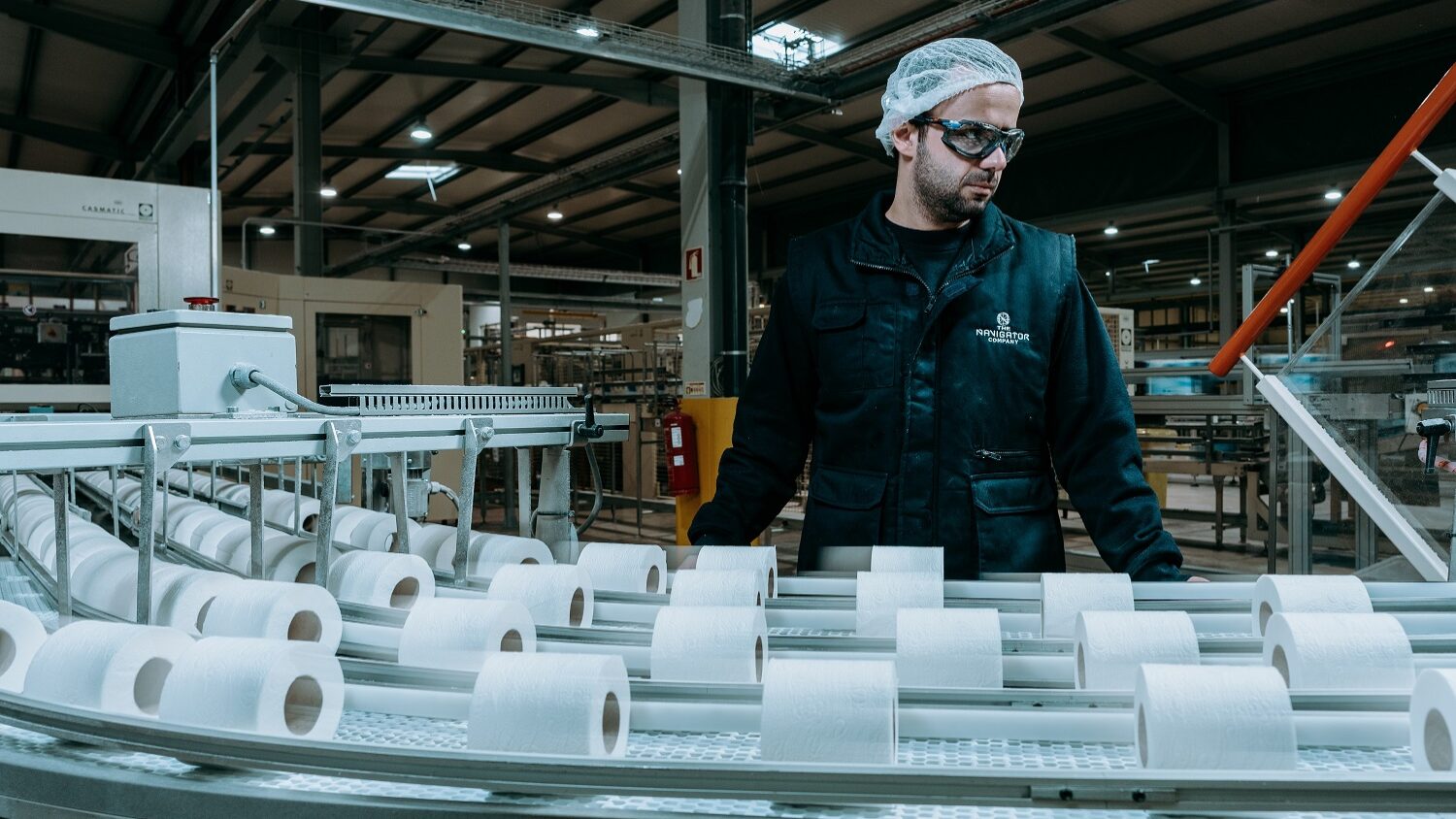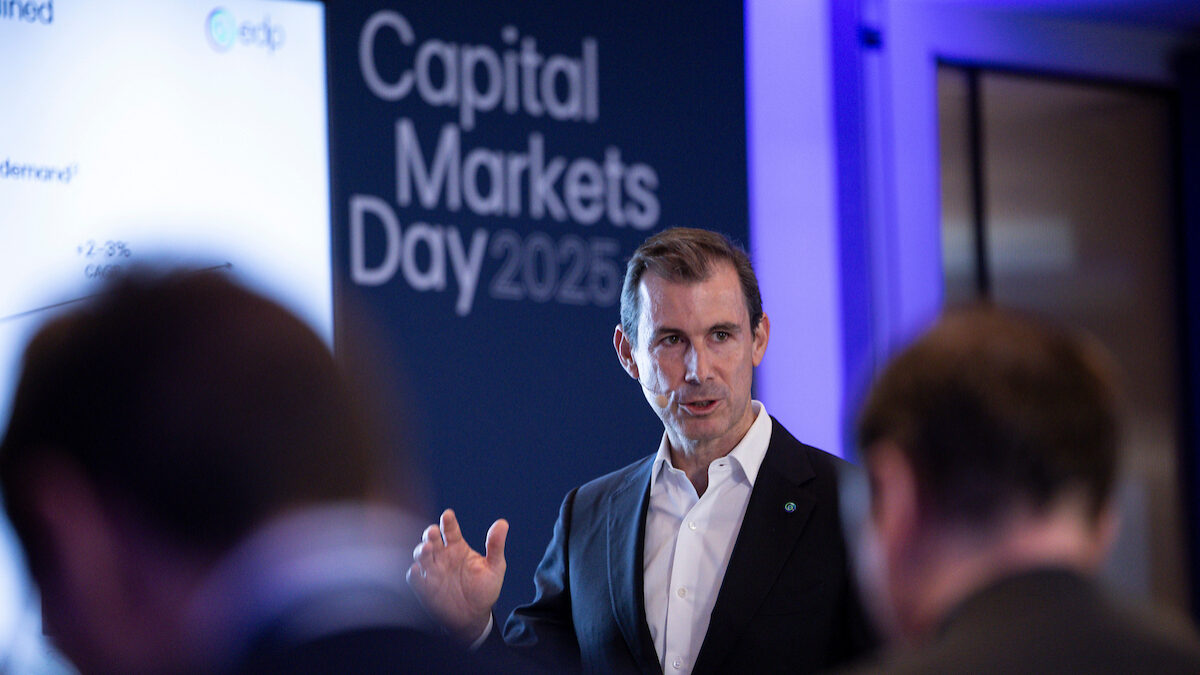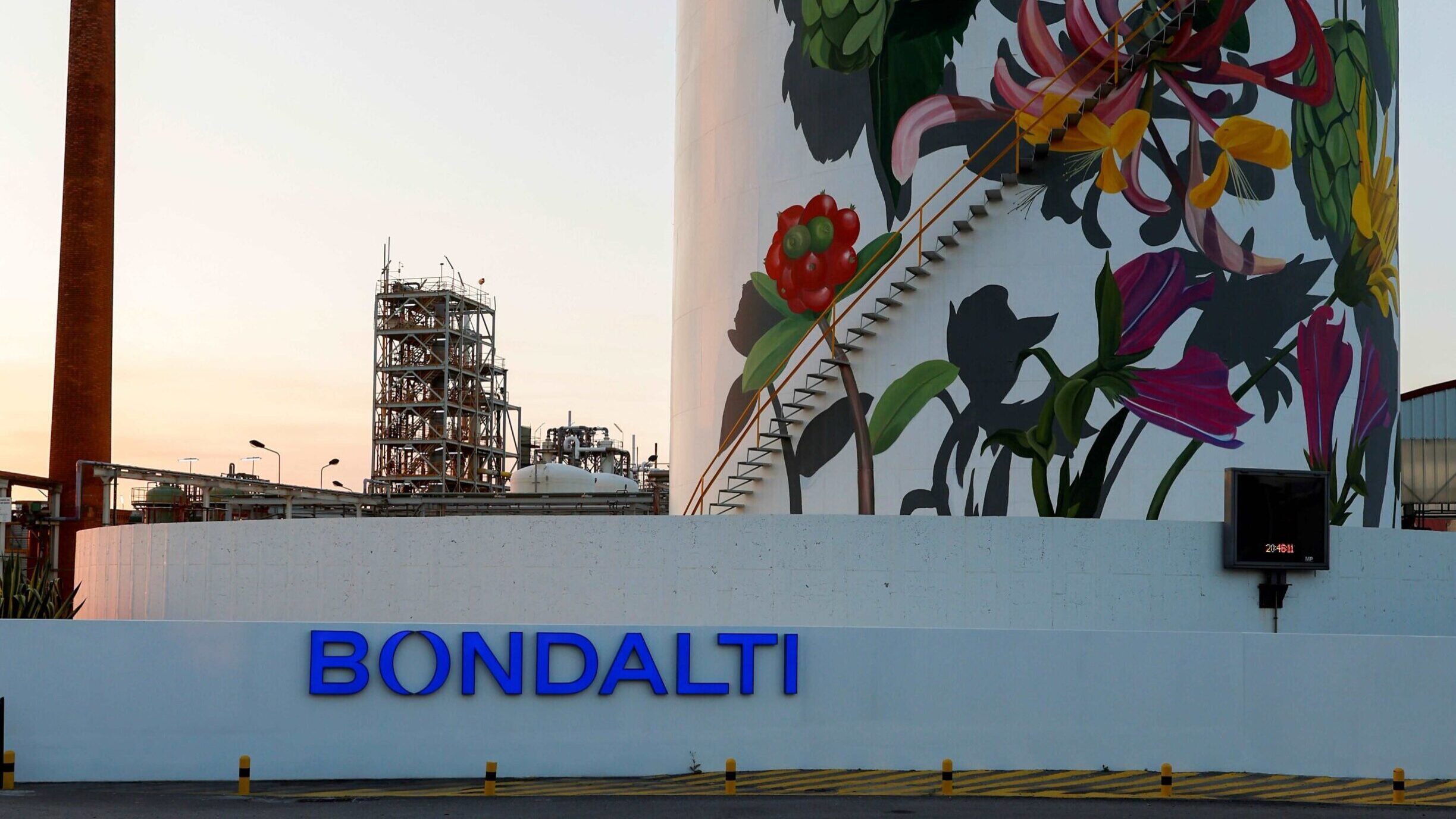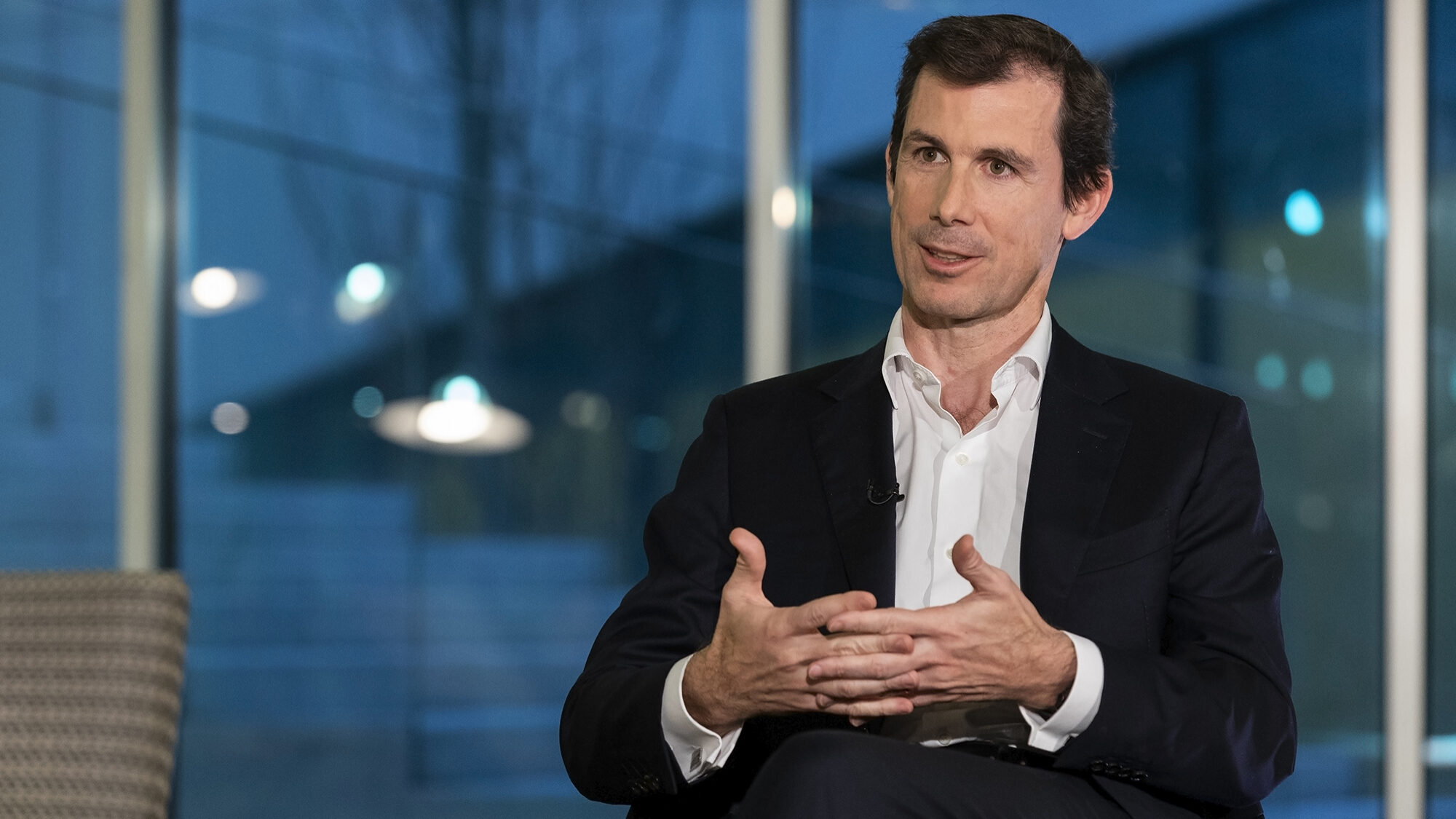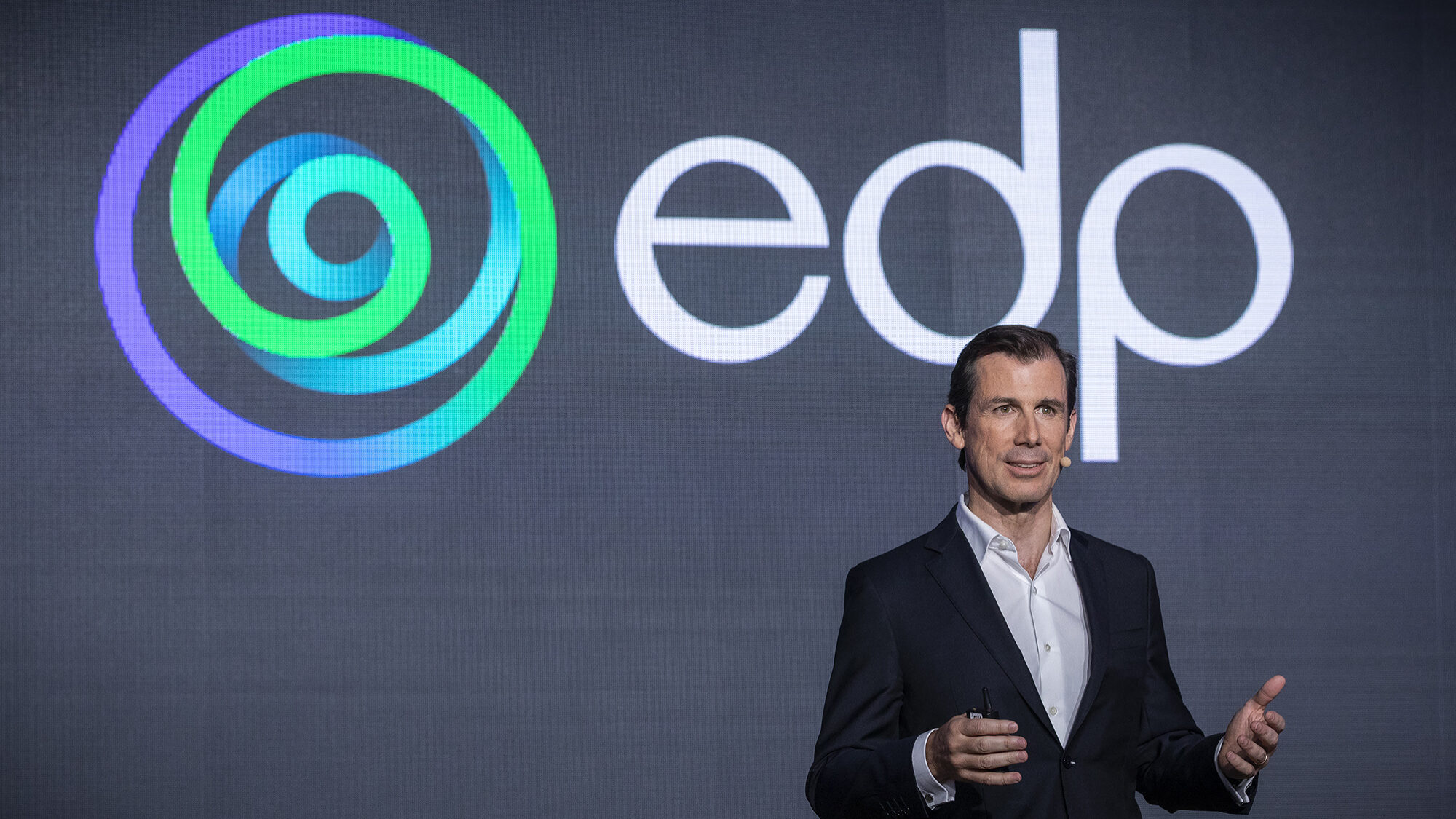The Web Summit postcard contrasts with Portugal's bureaucratic obstacles. Entrepreneurs want it to have a greater multiplier effect on the country.
Web Summit 2025 is still the “showcase” that positions Portugal in the global entrepreneurship ecosystem, but almost a decade later, more is expected from the summit’s catalytic effect and, from the country, a smaller gap between the promise of the “business card” and the reality of setting up a start-up. “There is little point in investing in international conferences if, afterwards, the state machinery is unable to respond to essential procedures to transform the country into a tech hub”, says Stephan Morais, president of the Portuguese Private Equity and Venture Capital Association (APCRI). With the contract renewal just around the corner, the decision must be supported by figures.
There is a before and after Web Summit in the national entrepreneurship ecosystem. “Web Summit helped put Lisbon and Portugal on the map, even though the “multiplier effect” may have fallen somewhat short of expectations. Many founders come, get inspired and end up founding in another country”, points out Marcelo Lebre, co-founder of Remote. “It’s not a problem with the Web Summit itself (and I also don’t think it’s unique to Portugal), but many founders are faced with an ecosystem where things are still done with cumbersome processes and end up deciding to found in another country”, he continues. “The event should be the starting point, not the end point, and certainly not a magic solution to what can be seen as a structural problem”, says the president of one of the seven national unicorns.
A before and after of Web Summit
Vítor Ferreira uses official figures to illustrate the evolution of national entrepreneurship since Paddy Cosgrave decided to swap Dublin for Lisbon as the “incubator” for Web Summit. “Since 2016, the Portuguese start-up ecosystem has expanded significantly, growing from 1,000 to 4,700 start-ups by 2024. The event continues to make sense as a strategic investment, generating a direct economic impact of €200 million in the week of the event in Lisbon alone. According to government studies, Web Summit created between 1,064 and 2,172 equivalent annual jobs in 2017, with projections of 1,710 to 4,664 jobs by 2028”, lists the director-general of Startup Leiria.
“It is true that the event does not have the hype of 2016, that it is less frequented by Europeans (there are many competing events), but ultimately it remains the gateway for new projects, new investors and a showcase for startups. I think that today the Web Summit bridges Europe and America (South and North), and that brings an interesting appeal in a world of tariffs and trade wars”, says the head of the incubator in the Central region.
Mauro Frota, on the other hand, has no doubt that the summit remains “a strategic asset”. “It strengthens the country’s international image, attracts talent and investors, and accelerates contacts that, without this stage, would take months. For Bhout, it was particularly relevant in the early stages, in terms of visibility and media attention”, explains the CEO and co-founder of Bhout, which is currently in the process of internationalisation, with openings planned in the United States and Spain, for example.
“Today we see a clearly more mature ecosystem, with incubators, VCs, corporates and universities working more closely together than in 2016, and this already translates into better connections and opportunities”, says the entrepreneur.
“The fact that Lisbon is no longer the exclusive “postcard” makes it even more important to differentiate oneself by the ability to convert meetings into business. For example, we had the opportunity to attend this year’s Web Summit Rio as part of the Portuguese delegation in Brazil, and this was undoubtedly something that was greatly enhanced by the capillarity of the influence of Web Summit as a whole globally”, acknowledges the founder of Bhout.
A multiplier effect across the country?
“The presence of Web Summit in Lisbon was decisive in putting the country on the global map of technology and entrepreneurship. Today we see this reflected in the ease with which Portugal attracts talent, investment and new companies”, says Miguel Santo Amaro.
But “there is room for improvement”, notes the co-founder of Coverflex. “We can and should better leverage the connection between the event and the local ecosystem, ensuring that Portuguese start-ups have greater visibility and direct access to international investors, and that the country continues to be seen as a stage for innovation and not just as a host. This bridge between stage and real impact is the next step: transforming visibility into access and integration — before, during and after the event”, he says.
And he is not alone in this analysis. “The challenge is to transform the energy of a week-long event into real impact throughout the year”, says Bernardo Fernandez. For Bling Energy, the summit ended up having that effect, since the investment round held in August — 15 million injected by BlueCrow into the energy transition start-up — “was not born within the Web Summit, but benefited from the know-how, conversations and information shared during the event and in parallel initiatives”, he says. “That’s the real return: generating knowledge, networking and trust.”
However, according to several operators, the summit’s catalytic effect on the country still needs to be worked on. “The return for the country still has very little impact beyond the four days of the event and does not go much further than Lisbon, geographically speaking”, points out Márcia Pereira, CEO of Bandora.
Luís Rodrigues, from Startup Braga, agrees: “If public investment is significant, it should translate into benefits that extend throughout the country. It is essential that the summit acts as a catalyst for territorial cohesion, harnessing the strength of the main national technology hubs — Braga, Porto, Coimbra, Aveiro and Leiria — to create a truly integrated innovation network”.
“Rather than concentrating the impact in Lisbon, it is important to convert the investment into distributed value through complementary programmes, reverse missions, sectoral events and soft landing initiatives that extend beyond the week of the event. In this way, the country would present not only a technological postcard, but a portfolio of dynamic ecosystems, each with its own identity and specialisation, contributing in a coordinated manner to Portugal’s global positioning as an entrepreneurial nation”, he says.
A spillover effect that Maria Oliveira says she feels. “From Uptec’s point of view, the return goes beyond the week of the event. Every year, we welcome international delegations who come to Portugal for the Web Summit and take the opportunity to visit Porto and Uptec, seeking to learn about our ecosystem and investment opportunities. This spillover effect is tangible and helps to consolidate the image of a plural and decentralised Portuguese ecosystem, with solid innovation hubs outside Lisbon”, says the company’s executive director.
Two Uptec start-ups — Smartex and Intuitivo — were awarded the prize for best pitch at Web Summit, “recognition that gave them international visibility”, she recalls. But she leaves a warning: “Many of these synergies are one-off, and do not always translate into sustained relationships, well-founded international partnerships or technology transfer. We need an ecosystem that turns leads into results. This can be achieved through post-event matching programmes, foreign investor missions scheduled based on contacts established at Web Summit, and the acceleration of administrative processes.”
From “postcard” to reality
While there is little doubt about the role of Web Summit in positioning the country on the global stage, the fact is that there is a gap between a country’s “postcard image” and the reality encountered by international entrepreneurs when they decide to set up shop here.
“The reality of Portuguese bureaucracy contradicts the image sold by Web Summit. Qualified entrepreneurs face delays of 6-8 months in obtaining residence permits, a total lack of appointments for family reunification, and renewal processes that take over a year. In fact, at the risk of going against the grain, the country needs immigration, companies, talent (and more). The short-sightedness of the European far right is ruining the continent’s potential to attract talent and be what the US is ceasing to be: a melting pot of technology, creativity, and diversity”, says Vítor Ferreira of Startup Leiria.
“The Web Summit deserves a lot of credit for creating Portugal’s image as a country where you can build start-ups and invest. But after the inspiration comes reality, and that’s when many encounter a system that is still too cumbersome, slow and unpredictable”, says Elisa Tarzia. “The lack of standardisation in processes, legislative instability and difficulty in accessing basic services such as opening a bank account are just some of the obstacles that continue to mark many entrepreneurs’ first contact with the country”, points out the head of 351 Startup, a non-profit association with over 1,500 members, including start-ups, investors, accelerators, incubators and technology companies.
“The integration of international entrepreneurs in Portugal has been a growing priority. In recent years, several initiatives have been launched, such as the Startup Visa and Tech Visa, which facilitate the entry of foreign founders. In addition, the country continues to promote very favourable tax conditions for recognised startups in Portugal”, recalls Miguel Aguiar. “The joint work between different public entities has been reinforcing the efficiency of processes and promoting a more agile and integrated welcome, all to offer a favourable environment for the establishment and growth of international companies in Portugal”, points out the executive director of Startup Portugal, an organisation that has been working for many years to promote and consolidate the Portuguese ecosystem and entrepreneurship.
How can this status quo be changed to offer a better soft landing for international founders? “The necessary measures are essentially the same as those mentioned by Mario Draghi and which have been discussed at European level”, considers Gil Azevedo. “Portugal must be able to lead the way, given our ambition to become one of the main centres of innovation at an international level: reducing bureaucracy to simplify and speed up procedures, creating competitive conditions to attract investment, growing start-ups, retaining talent and attracting international organisations”, he points out.
“At European level, Portugal should support the creation of the “28th Regime” as a way of producing a single European market for innovation, as well as promoting the creation of a European capital market that is competitive with other regions,’ stresses the executive director of Unicorn Factory.
For Nuno Comando, from Casa de Impacto, in order to facilitate the integration of foreign founders and companies in Portugal, it would be essential to have “measures that promote administrative efficiency and accessibility, with respect for cultural diversity and the individual needs of each entrepreneur”.
The director of the Santa Casa da Misericórdia impact incubator details the type of measures. “There are interesting benchmarks in this area, from countries that offer fast-track permanent residency processes with incubator support or multilingual support and dedicated acceleration. There is (plenty of) room for improvement in the Startup Visa PT. The need to simplify regulations to attract international talent has been advocated, with warnings that excessive European bureaucracy can delay innovation and that it is crucial to streamline procedures to retain and attract qualified professionals. It is important to promote more tailored mentoring and networking programmes, in partnership with organisations in the ecosystem (e.g. Unicorn Factory’s Launch in Lisbon), which could connect these entrepreneurs to the local network. Support on the ground, with organisations on the ground”, he lists.
Visa bureaucracy is unanimously seen as an Achilles heel. “This is perhaps the point where the greatest misalignment between image and reality is felt. Portugal legitimately promotes itself as a country open to innovation and attracting international talent, but the process of setting up foreign start-ups and their founders remains excessively bureaucratic and time-consuming, especially when it comes to approving visas, residence permits and administrative registrations”, acknowledges Maria Oliveira.
“These are procedures that often drag on for months, and in a start-up, months can mean the difference between scaling up and giving up, or simply choosing another country to grow in”, laments Uptec’s executive director.
Perhaps that is why, when asked what improvements could be made to improve the welcome, Rui Lobo does not hesitate to point to the fight against bureaucracy. “Promoting Portugal as a technological destination involves strengthening conditions that facilitate the establishment of talent and companies — especially when that talent and initiative comes from Europe and, in particular, from the country itself. Reducing bureaucracy and speeding up processes is one of the key factors for a better integration experience”, says Tekever’s director for Southern Europe. But that’s not all. “Mechanisms such as hosting structures, acceleration programmes and centralised information can also make the environment more favourable for national and international start-ups and founders who choose Portugal as their base of operations”, adds the head of the defence unicorn.
“Here, the country has to be honest: bureaucracy and administrative slowness are the biggest obstacles to foreign investment. That’s not to say that programmes and support don’t exist, but they are often cumbersome processes that discourage anyone just by looking at the endless list of requirements”, says Marcelo Lebre. “We can have all the post-installation support programmes, incentives to attract digital nomads and the like, but if the processes take months, it ends up having the opposite effect. The country has the right narrative — quality of life, talent, competitive costs — but it continues to fail in its execution. The good news is that there is a solution, but there has to be long-term vision and political will”, he believes.
Miguel Santo Amaro is optimistic. “This is perhaps the most critical point in turning perception into reality. We have the right image — now we need to ensure the right experience”, says the co-founder of Coverflex.
“Portugal has everything it needs to be a destination of choice for founders and companies: quality of life, stability, talent and a vibrant entrepreneurial community. What is missing is simplification. Reducing bureaucracy, speeding up visa and company registration processes, and creating real soft landing programmes that integrate fiscal, legal and community support”, he continues. “The country is moving in that direction, and there are positive signs of political will to change. If we can align rhetoric with concrete actions, Portugal can definitively establish itself as one of the best places in the world to build the future”, the entrepreneur believes.
“It is important that the country’s image is projected abroad, and Web Summit is one of those vehicles, like any global conference. However, some international investors’ experiences have not been positive in terms of their relationship with the state and bureaucracy. There is an expectation within the ecosystem that the current government, and specifically the Ministries of Economy and State Reform, can transform the lives of businesses and citizens into an easier experience”, says Stephan Morais.
At the APCRI Conference at the end of October, Minister Castro Almeida said that “the Government is fighting bureaucracy with determination”, recalls the association’s president. “Let us hope that this is the case and that it contributes to solving the country’s fundamental problems. There is little point in investing in international conferences if, afterwards, the state apparatus is unable to respond to essential procedures to transform the country into a tech hub”, he points out.
And after 2028? It depends on the numbers
Since the agreement was signed with the Portuguese state, the summit has expanded to new locations. Brazil, Qatar and Canada are three of the countries hosting the Web Summit, but Portugal will be the summit’s ‘exclusive’ home for Europe until 2028. The expansion of the FIL space to accommodate the dream 100,000 people, a number that was once set as a goal, has yet to be realised. For now, the usual 70,000 people are expected.
With three years to go before the contract expires, does it make sense to negotiate its renewal? The government has already expressed its intention to do “everything possible” to keep the Web Summit after 2028, and Paddy Cosgrave, despite considering that in “tech years, 2028 is almost the next century”, says he hopes to “stay forever”. And what does the ecosystem think? Opinions are divided on the subject.
“Portugal must continue to attract world-class events to further strengthen its position in attracting international innovation”, argues Gil Azevedo. But with one caveat. “It is essential that Web Summit also understands the future needs of an ecosystem in the scaling-up phase and continues to strengthen its role in attracting investors, organisations and entrepreneurs globally”, points out the executive director of Startup Portugal.
Miguel Aguiar shares the same view. “The decision should be based on the results achieved and the country’s strategic priorities. If the economic and reputational impact continues until 2028, it will make perfect sense to evaluate the continuity of the partnership”, begins the executive director of Startup Portugal. “Regardless, it is important that Portugal continues to attract major international innovation events, taking advantage of the experience gained with Web Summit”, he concludes.
For Márcia Pereira, “it makes perfect sense to renew”. The founder and CEO of Bandora explains why. “Portugal has no summit at the same level as this one, nor do we have national organisations or entities with the capacity to do so. I fear that the country would become depleted and all the momentum generated in the technological ecosystem would slow down, and we would never recover or be minimally relevant on the international or even European scene. Spain has VDS, 4YFN and South Summit, France has Viva Tech, all national organisations, and what does Portugal have? It imported Web Summit — a ready-made product!”
The same green light comes from the founder of sheerMe. “It makes perfect sense to renew Web Summit in Portugal. The event was decisive in putting the country on the global map of innovation and start-ups, and has been crucial for sheerME. Portugal is a small market, and events of this size help us amplify our voice and showcase the talent that exists here. For start-ups like sheerME, Web Summit continues to be a unique opportunity for networking, international exposure and connecting with global investors and partners”, explains Miguel Alves Ribeiro.
But there are those who give a conditional OK. This is the case with Marcelo Lebre. And he justifies it. “If the renewal is just to ‘keep the show going’, then no. But if it comes with a strategic plan — for example, to use Web Summit as the anchor for an annual calendar of satellite events (deep tech, climate tech, AI, fintech, etc.) — then yes”, argues the president of Remote. “The Web Summit should no longer be seen as the ‘event of the year’ but rather as the hub that feeds the ecosystem throughout the year. Otherwise, we will be paying for marketing, not structural development”, he stresses.
For Bernardo Fernandez, renewing the contract “makes sense as long as Portugal continues to take advantage of the event as a strategic platform and not just as a media spectacle”. The event, argues the founder of Bling Energy, “should be seen as an anchor that helps the country assert its priority sectors — clean energy, mobility and digital innovation — and not as an end in itself. If it is integrated into a broader vision of positioning Portugal as a hub for innovation and sustainability, renewal is not only desirable but essential.”
Others advocate a Jerry Maguire logic. If in the film, the sportsman asked the agent “show me the money”, here they ask for numbers and results. After all, they remind us, the summit is itself a business.
“Renewal makes sense if accompanied by more favourable conditions and clear measurement of results. The evolution of the event shows stabilisation in the number of projected participants (around 96,000-130,000 by 2028), which requires rigorous cost-benefit analysis. The decision must consider whether public investment would be more effective in programmes that directly support the ecosystem, given that the cumulative cost exceeds 100 million euros over 13 years”, says Vítor Ferreira.
“It is essential that any renewal includes performance clauses linked to concrete metrics: investment attracted, companies relocated, skilled jobs created, and not just the number of participants. In this case, one might ask, why not a cheaper Startup Portugal Summit, and why not invest part of that £100 million in startups?” questions the director-general of Startup Leiria.
“The renewal should be decided based on results and an evolutionary model”, argues Mauro Frota. “It makes sense to maintain the big annual event and reinforce sectoral spin-offs and deal-making programmes throughout the year, contracting indicators such as investment raised, skilled employment and the number of pilots/partnerships resulting from the event”, says the CEO of Bhout.
“Renewal makes sense, but the ecosystem cannot depend on a single event to generate momentum”, argues Elisa Tarzia. “It would be great if Web Summit stayed, but integrated into a broader strategic vision, where the event contributes to strengthening the ecosystem throughout the year. Otherwise, perhaps it is time to diversify the players and ambitiously invest in smaller, more curated, decentralised initiatives with a real and measurable impact that can ensure continuity, capillarity and a true multiplier effect in the territory”, considers the head of 351 Startup.
